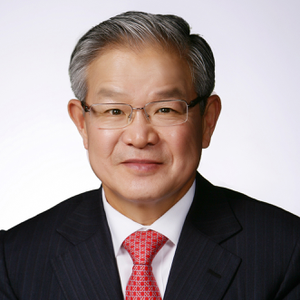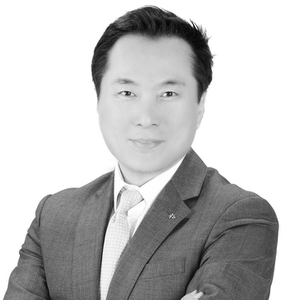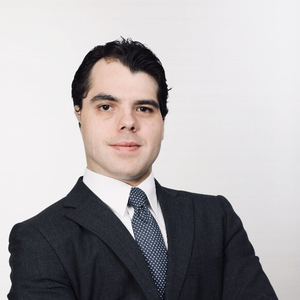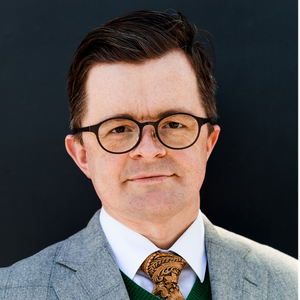Event Details
The response of the private sector to the conflict unfolding in Europe has been unprecedented. By late March, hundreds of Western companies from every sector had closed, withdrawn or suspended ties with Russia in a snowball effect that rolled loudly through social media.
While the boycott's impact on the outcome of the war might be limited, the message is loud and clear. The socio-economic consequences of so many companies leaving so quickly will be prolonged and possibly irreversible. Thousands of stores have closed, factories shut, production and trade halted, employees let go or a lucky few (mostly those in high ranking positions) temporarily relocated to other countries where they can continue to work from hotel rooms.
The questions surrounding this event are many: What is the underlying motivation for companies to walk out en masse? What will be the effect on consumers and workers? Will they toe the line and quietly adapt, or will they take to the streets or migrate? Could this move set a precedent for similar actions in other controversial markets, e.g. China?
In this roundtable we bring together experts from both the corporate sector and industry groups to discuss the influence of private companies in geopolitics, the short and mid-term effects on macroeconomic indicators, the potential impact on international affairs and what companies should learn from this experience when considering future foreign investment.
Please note that the round table is limited to 20 in-person participants and it will not be recorded nor broadcast to online participants.
Please register early if you would like to attend.
Please note that this event is limited to senior-level executives and per invitation only. If you are not an existing member of The Economist Intelligence Corporate Network, but would like to learn how you can attend our events, please contact us.





